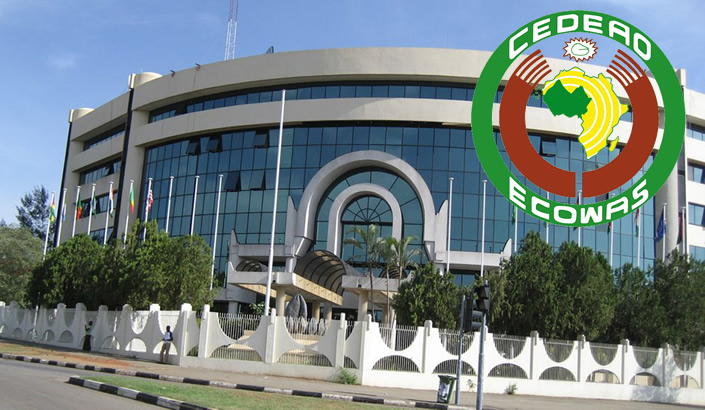In a proactive move to address humanitarian crises and combat terrorism, the Economic Community of West African States has announced significant funding allocations aimed at aiding internally displaced people, refugees, asylum seekers, and communities affected by conflicts across the region.
In October 2023, there were 6,976,470 forcibly displaced by conflicts and violence, and stateless persons in the ECOWAS sub-region, including 6,352,346 IDPs and 624,124 refugees and asylum-seekers.
Nigeria and Burkina Faso host the highest displaced populations with 3,578,996 and 2,062,534 individuals respectively.
Niger hosted the highest refugee population by far, with 325,419 individuals.
ECOWAS and the UN Refugee Agency, in 2023, signed an agreement to strengthen their collaboration in protecting refugees, stateless, and internally displaced persons in the region.
According to the ECOWAS Commissioner of Human Development and Social Affairs, Prof. Fatou Sarr, on Friday, in Abuja, with a commitment of $9 million in 2024, ECOWAS aimed to provide much-needed assistance to those displaced by conflicts, ensuring their basic needs are met while also supporting the communities that host them.
She noted that the initiative spans all 15 member countries of the organization, reflecting a collective effort to address the complex challenges of displacement and its impact on vulnerable populations.
Sarr said, “In 2024, ECOWAS has released $9 million for internally displaced people, refugees, asylum seekers, as well as for the communities that welcome them (i.e., all 15 countries).”
The commissioner further noted that Nigeria has been earmarked to receive $1 million specifically for stabilisation efforts, targeting victims of terrorism, displaced individuals, and injured persons, and initiatives aimed at rehabilitating affected communities and enhancing their resilience in the face of ongoing threats.
“ECOWAS has allocated $1 million for stabilisation in Nigeria (victims of terrorism, displaced people, injured people, rehabilitation, and strengthening community resilience),” Sarr noted.
Furthermore, ECOWAS has allocated $4 million from a $25 million fund designated for counter-terrorism efforts to support humanitarian actions in Nigeria, Burkina Faso, Mali, and Niger.
The strategic allocation underscored the organisation’s commitment to addressing the root causes of instability and violence in the region, while also providing essential assistance to those affected by such challenges.
“Out of a fund of 25 million dollars intended for the fight against terrorism in Nigeria, Burkina Faso, Mali, and Niger, ECOWAS has reserved $4 million for humanitarian actions,” she added.
Crucially, ECOWAS emphasised the importance of prevention in its approach to crisis management, highlighting the implementation of a disaster reduction strategy and the utilisation of tools such as the Observation, Monitoring, and Alert Center.
These measures enable ECOWAS to monitor displaced populations, anticipate potential threats, and effectively manage crises, thereby minimizing the impact on affected communities.



